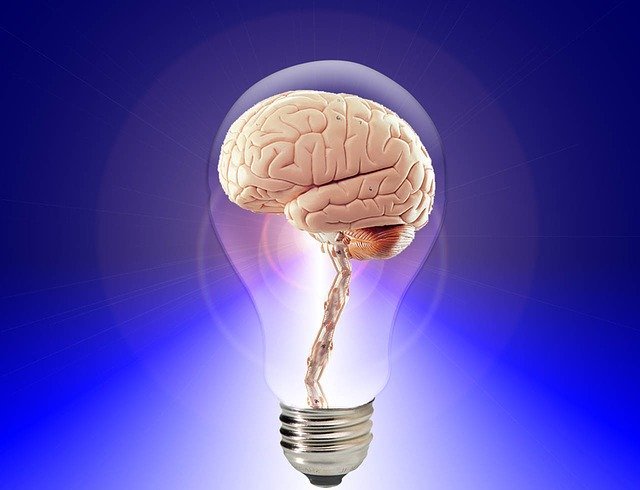
In neurological diseases such as Alzheimer’s disease, Parkinson’s disease or Multiple Sclerosis, brain neurons are constantly being lost, resulting in memory lapses, speech disorders, mood swings, and movement disorders, for example, as well as muscle tremors in the case of Parkinson’s.
In a new study, researchers have developed a non-invasive ultrasound technique that can reach all areas of the brain and activate neurons that can help to regenerate brain functions.
This can strongly improve brain performance.
The research was conducted by a team at MedUni Vienna.
The new method is called transcranial pulse stimulation with ultrasound (TPS).
The team says for the first time in the world, TPS enables them to penetrate into all areas of the brain by means of an ultrasound pulse delivered directly to the skull in a non-invasive, painless procedure, during which the patient is fully conscious, and to specifically target particular areas of the brain and stimulate them.
Such clinical procedures must be carried out with great precision and must be tailored to the individual patient.
However, the existing electromagnetic techniques such as e.g. Transcranial Magnetic Stimulation (TMS), in which magnetic fields act on the brain to stimulate or inhibit neurons, are currently incapable to provide the required clinical precision or deep brain activation.
An invasive method that is increasingly being used for serious illnesses involves placing stimulator electrodes in deep brain areas (deep brain stimulation [DBS]) – associated with a lengthy operation.
It is hoped that TPS could also partially replace such invasive methods in the future.
In the clinical pilot study, the team found six one-hour sessions over the course of two weeks were enough to bring about improvements in brain performance.
If the results of the pilot study are confirmed, clinical neuroscientists expect a breakthrough in the treatment of brain diseases.
However, before this method can be put into regular clinical use, further scientific studies are required to evaluate the results.
The lead author of the study is Roland Beisteiner.
The study is published in Advanced Science.
Copyright © 2019 Knowridge Science Report. All rights reserved.



